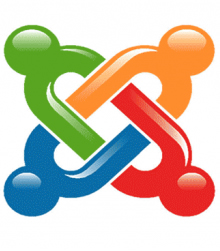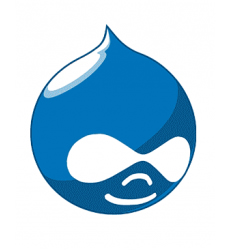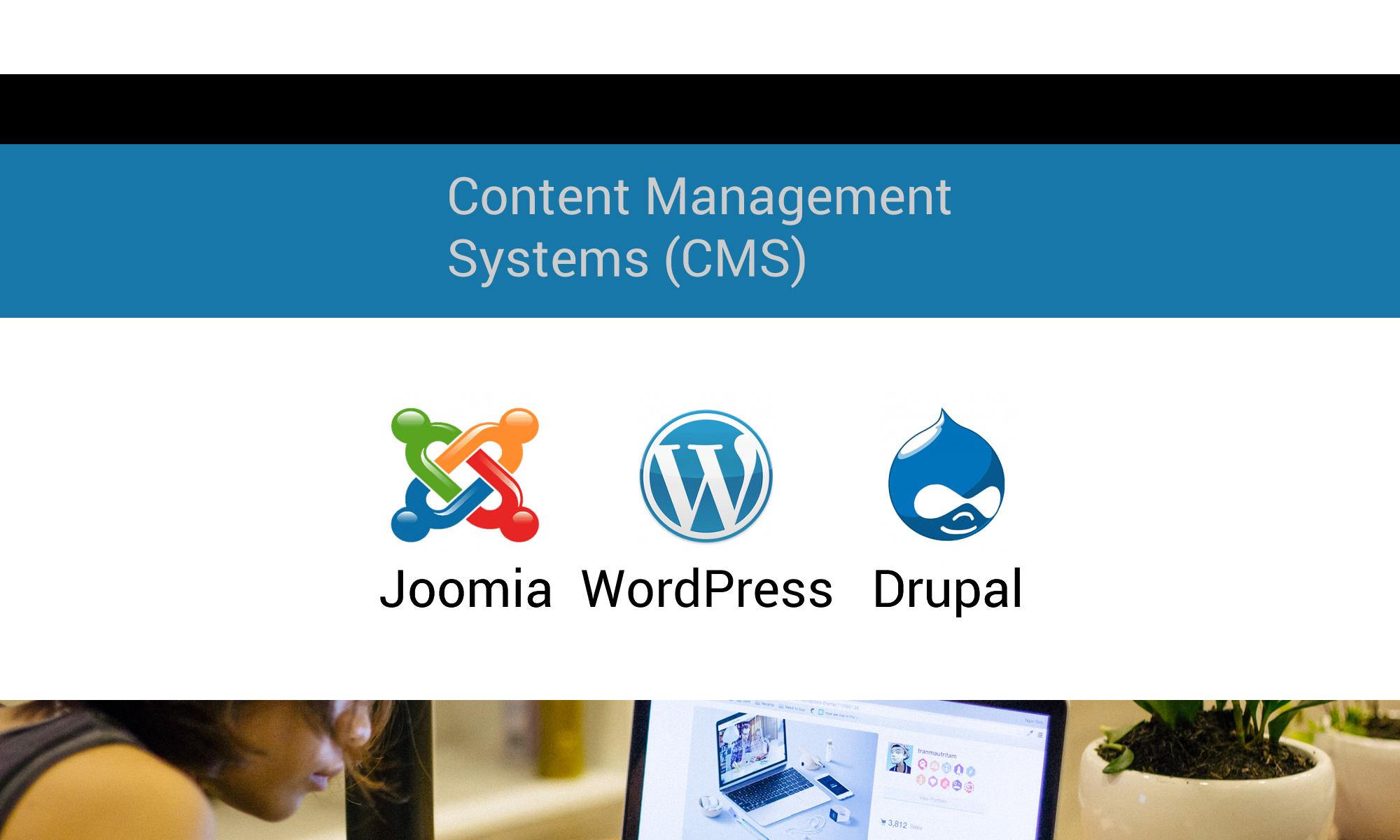Content Management Systems (CMSs) are software used for the creation of digital content. That content can include text, images, sound or audio files, and videos. That content can be used on a website or a social media platform. A CMS is also something that allows users to login from anywhere in the world and update that content. The centerpiece of any CMS is the blog or tool for creating content.
The three most popular CMSs are: 1)WordPress, 2) Joomla and 3) Drupal. Each has its own advantages and disadvantages and choosing between them is going depend on what you want to use them for. All three requirement very little knowledge of coding, although some knowledge of coding sure makes life easier. All three systems make it easy to create a consistent look and feel from page to page.
Themes and Plugins
All three CMSs are theme based systems that set the overall layout and structure of a website. WordPress has the most themes, while Drupal and Joomla don’t have as many. To improve their functionality, all three CMSs use plugins. Joomia has the most, while WordPress and Drupal are close behind.
Search Engine Optimization
WordPress is probably the easiest to use when it comes to adding meta tags, alt tags for images and the content itself. Joomia is pretty good while Drupal is quite hard to figure out. WordPress also uses categories and tags to create “structured” or search engine friendly pages and posts.
Selecting a CMS
Making a decision between these three systems requires that you have a really good understanding of what type of business you have and what you want the website to do.
Type of Business: If you have a small to medium sized business and won’t need to add a lot of content to the site or a lot of plugins, WordPress is probably your best bet. If you need a more complicated site with multiple users and a lot of content Joomla might be something worth looking at. If you’re a large organization looking for multi-site support and wants a website that is enterprise ready Drupal could be the answer you’re looking for.
Blogging: All three systems use blogging as a way of adding content to a site, but you can’t ignore the fact that WordPress was the first CMS to use a blog, but also the first to store the content created in a database. And by simply filling out the form to create a page or post, you are automatically adding search engine friendly content to the site.
Popularity: If we were to choose based on popularity, WordPress wins hands down with close to 60% of the market or 27% of the top 100 million websites. Joomia is the next closest at 10% of the market or 7% of the top 100 million websites and Drupal with only 5% of the market or 2.5% of the top 100 million websites.
| WordPress | Joomla | Drupal | |
 |  |  |
|
| Downloads | 150 million | 50 million | 15 million |
| Themes | 2500+ | 900+ | 1900+ |
| Plugins | 3100+ | 8000+ | 2500+ |
| SEO | Easy To Configure | Relatively Easy | Pretty Hard |
| Scalability | Great for small to medium sites - not good for a lot of content | Very enterprise friendly. Can manage large amounts of content | Very Scalable |
| Companies | Vogue Bloomberg Chicago Times | Ikea MTV Barnes & Noble | Harvard AOL |
| Used For | Small and Medium Sized Businesses | Ecommce Social Networking | One size fits all |

